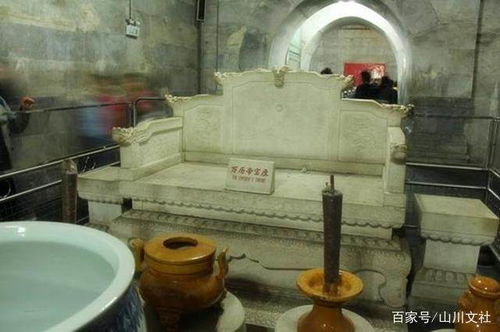To provide a comprehensive answer to the query about Du Yuesheng's youngest son sweeping the grave of someone annually due to a promise made long ago, let's explore the historical and cultural context surrounding this gesture.

Du Yuesheng (18881951), also known as "Bigeared Du," was a prominent Chinese underworld figure and businessman in Shanghai during the early 20th century. He was the leader of the Green Gang, one of the most powerful Chinese organized crime groups in Shanghai at that time. Du Yuesheng played significant roles in both criminal activities and local politics, influencing various aspects of Shanghai's society and economy.
Du Yuesheng had several children, among whom his youngest son is mentioned in the query. While specific details about his youngest son are not extensively documented in mainstream historical records, anecdotes and stories often circulate in local folklore or through family descendants.
The act of sweeping someone's grave annually is deeply rooted in Chinese culture and tradition. It is a way to honor and remember ancestors or individuals who held significant roles in one's life. This ritual signifies respect, filial piety, and the fulfillment of familial duties, regardless of the person's social status during their lifetime.
The query suggests that Du Yuesheng's youngest son continues to sweep someone's grave every year due to a promise made in the past. This promise likely reflects a personal commitment or a gesture of gratitude and respect towards an individual who may have had a meaningful impact on Du Yuesheng's family or his youngest son specifically.
In Chinese culture, honoring promises and maintaining filial piety are highly valued virtues. The act of sweeping a grave annually not only pays homage to the deceased but also upholds the principles of loyalty, gratitude, and familial obligations. It symbolizes continuity and remembrance across generations, reinforcing familial bonds and cultural traditions.
In conclusion, the practice of Du Yuesheng's youngest son sweeping someone's grave annually is a poignant reminder of the enduring values of respect, loyalty, and filial piety in Chinese society. While specific details about the individual or the promise are not detailed in the query, the gesture itself underscores a deepseated cultural tradition and personal commitment within the context of Du Yuesheng's family. This annual act serves as a testament to the enduring legacy and values upheld by generations past and present.
This exploration provides insight into the cultural and historical backdrop of the query, shedding light on the significance of such traditions within Chinese cultural practices and familial relationships.
文章已关闭评论!
2024-12-23 15:01:23
2024-12-23 14:01:18
2024-12-23 13:01:10
2024-12-23 12:01:11
2024-12-23 11:00:54
2024-12-23 10:00:42
2024-12-23 09:00:39
2024-12-23 08:00:29